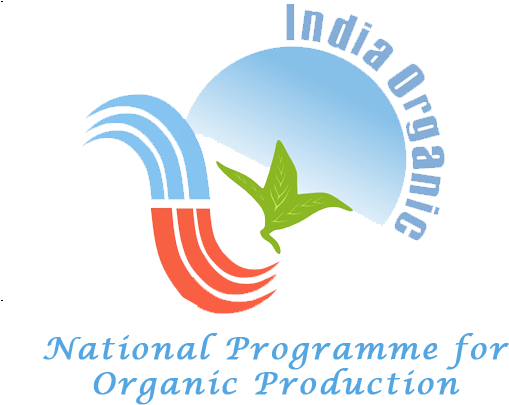Organic farming is an agricultural approach that focuses on sustainable and environmentally friendly practices. It aims to produce food while minimizing the use of synthetic inputs such as pesticides, fertilizers, and genetically modified organisms (GMOs). Instead, organic farmers rely on natural processes and techniques to enhance soil fertility, control pests and diseases, and promote overall ecosystem health. Here are some key aspects of organic farming:
- Soil management: Organic farmers prioritize soil health as the foundation of their farming system. They focus on building and maintaining fertile soil through practices such as crop rotation, composting, and the use of organic matter like animal manure, green manure, and cover crops. These techniques enhance soil structure, increase water-holding capacity, and support beneficial soil microorganisms.
- Pest and weed management: Organic farmers utilize preventive measures and biological controls to manage pests and weeds. They encourage natural predators, use trap crops, practice crop rotation, and employ mechanical methods like hand-weeding and mulching. Organic farming also emphasizes biodiversity to create balanced ecosystems that naturally suppress pests and diseases.
- Nutrient management: Instead of synthetic fertilizers, organic farmers rely on natural sources of nutrients to nourish their crops. This includes compost, animal manure, legume cover crops that fix nitrogen, and mineral-based supplements approved for organic use. The goal is to provide plants with a balanced nutrient supply while minimizing nutrient runoff and environmental pollution.
- Genetic engineering and GMOs: Organic farming prohibits the use of genetically modified organisms (GMOs). Organic farmers focus on preserving the integrity of natural plant and animal varieties through traditional breeding methods.
- Livestock management: Organic livestock farming involves providing animals with access to outdoor areas, ensuring adequate space for movement, and meeting their specific nutritional and health requirements. Organic livestock are raised without the routine use of antibiotics and growth hormones. They are fed organic feed, and efforts are made to ensure their well-being and natural behaviors.
- Certification and regulations: Organic farming is regulated and requires certification to ensure adherence to specific standards. Certification bodies verify that farms meet the requirements set by local or national organic standards, which may include restrictions on the use of synthetic inputs, record-keeping, and periodic inspections.
The principles of organic farming promote sustainable agriculture, environmental conservation, and the production of nutritious and high-quality food. By prioritizing ecological balance and reducing reliance on synthetic inputs, organic farming aims to create resilient farming systems that benefit both the environment and humans.



